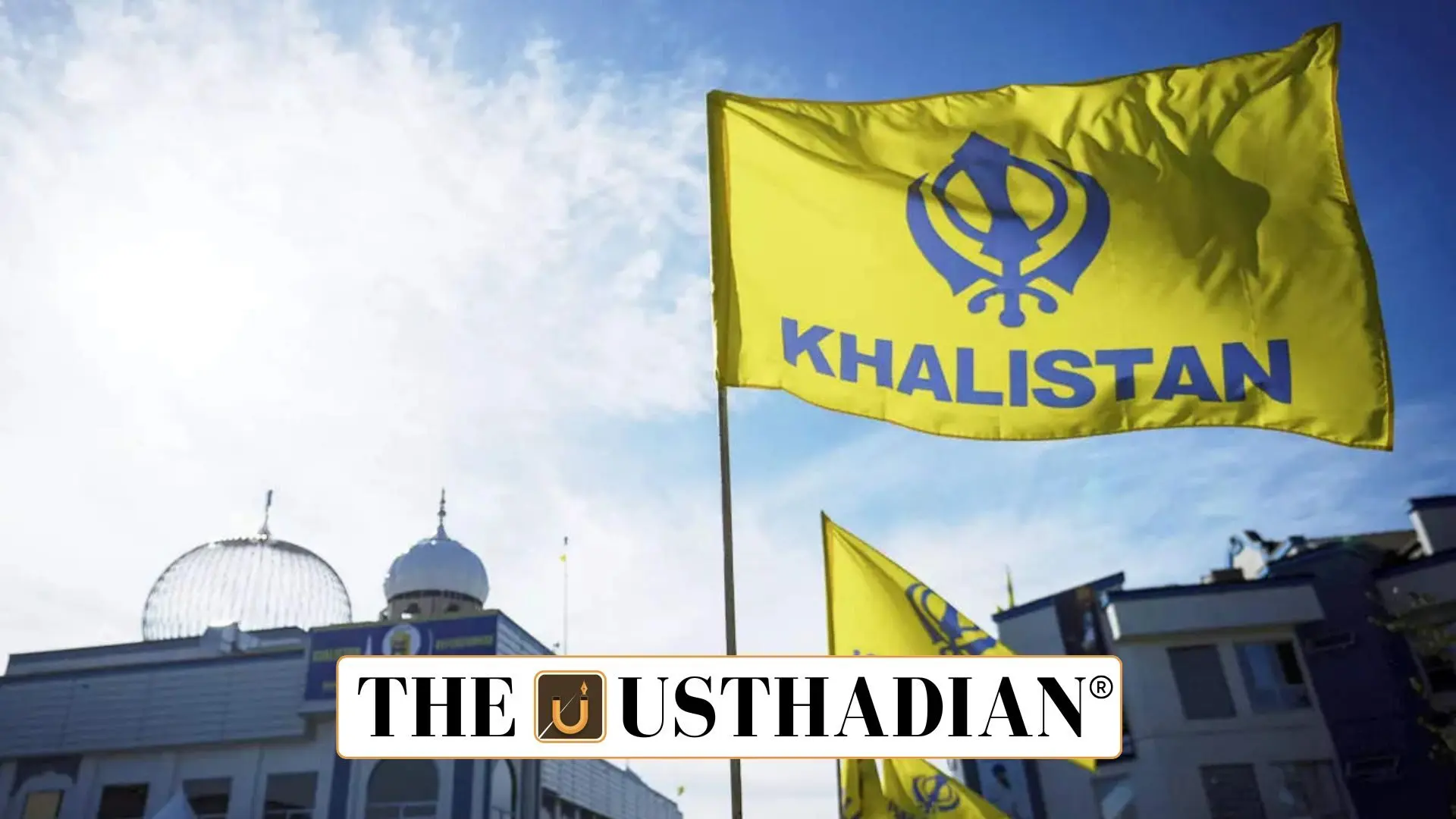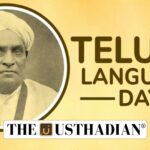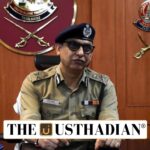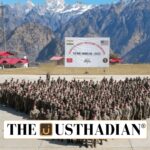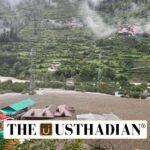Historical Roots and the Sikh Diaspora in the UK
The Khalistan Movement and Its Diaspora Influence in the UK: The Khalistan movement, demanding a separate Sikh homeland, has its strongest supporters outside India, especially in the United Kingdom, where over 525,000 Sikhs currently reside. Sikh migration to the UK began in the mid-19th century, but numbers rose significantly after the Partition of 1947 and again post-World War II. These migrants settled mostly in West Midlands and Greater London, building strong community networks, including gurdwaras that later became focal points for political mobilisation. A key figure in exporting the Khalistan ideology was Jagjit Singh Chohan, who, after moving to the UK, led public campaigns, issued pro-Khalistan statements, and received backing from Pakistan-based actors.
Demand for Khalistan and Political Flashpoints
The Khalistan demand gained traction in the 1960s and intensified during the 1980s insurgency in Punjab. The movement took a violent turn when Jarnail Singh Bhindranwale, a fiery Sikh preacher, began attracting frustrated youth, mostly from rural or poor backgrounds. His occupation of the Golden Temple in 1982 symbolised defiance against the state. The government responded with Operation Blue Star in 1984, a military action to flush out militants. While Bhindranwale was killed, the raid on the sacred Sikh shrine deeply offended global Sikh sentiments. The fallout led to a decade-long insurgency, and Sikh militant groups continued targeting Indian authorities until the mid-1990s. Although the movement was militarily crushed within India, its ideological legacy lived on, especially among the diaspora.
Resurgence in the UK and Diaspora Activism
In recent years, there has been a visible resurgence of pro-Khalistan activism in the UK, often centred around gurdwaras. Groups like Sikhs for Justice and the Khalistan Council have been organising rallies and referendums on Sikh independence. In 2025, External Affairs Minister S. Jaishankar’s visit to London saw security breaches due to such protests. Intelligence reports have raised alarms about radicalisation within Sikh religious institutions in the UK, including alleged training in explosive-making. These revelations have heightened concerns over extremism being nurtured under the guise of religious freedom.
Controversial Referendums and Diplomatic Frictions
The Khalistan Referendum campaign, driven largely by Sikhs for Justice, has stirred political tensions. While these referendums lack legal or diplomatic recognition, they generate significant media attention and diplomatic protests from India. Observers question their legitimacy, citing flaws in voter turnout data and the representativeness of participants. Yet, these exercises highlight the growing assertiveness of segments of the diaspora who continue to perceive the Indian state as having wronged the Sikh community. The Indian government remains firm that Punjab is an integral part of India, and such actions threaten national unity and international harmony.
STATIC GK SNAPSHOT
The Khalistan Movement and Its Diaspora Influence in the UK:
| Topic | Details |
| Movement Name | Khalistan Movement |
| Core Demand | Separate Sikh nation from Punjab (India & Pakistan) |
| Key Figures | Jagjit Singh Chohan, Jarnail Singh Bhindranwale |
| Key Military Actions | Operation Blue Star (1984), Operation Black Thunder |
| Sikh Population in UK (2021) | 525,000+ (Second-largest Sikh diaspora) |
| Current Leading Organisation | Sikhs for Justice |
| Main Diaspora Hotspots | UK, Canada, Australia, USA |
| Government Counteractions | Banned militant outfits, diplomatic protests |
| Golden Temple Incident Date | June 1984 |
| Diaspora Radicalisation Concerns | Reports from UK intelligence, Indian MEA statements |

